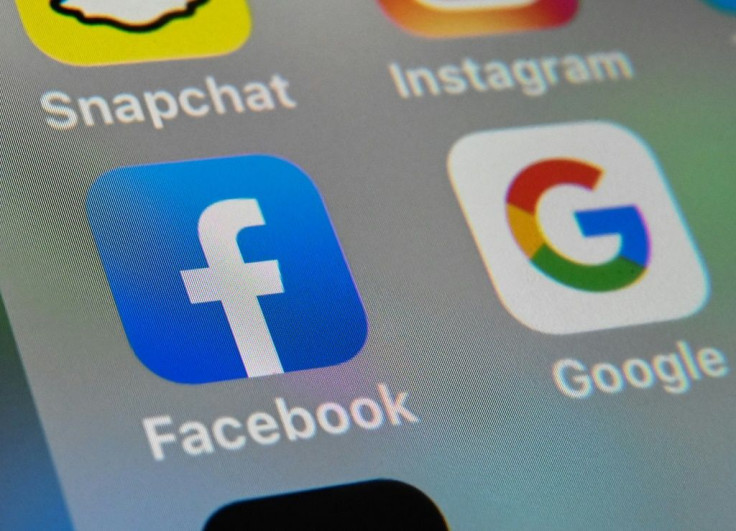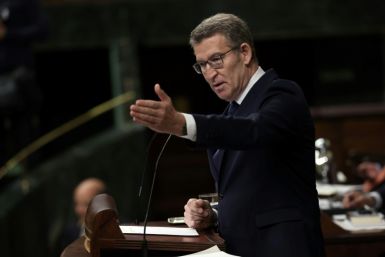EU Embarks On Overhaul Of Big Tech Rules
The EU on Tuesday began an intense lobbying season in Brussels as it prepares to overhaul decades-old rules to keep a tighter leash on Facebook, Google and other tech giants.
The European Commission asked for feedback, including from the public and EU governments, before it unveils a new law at the end of the year, to be known as the Digital Services Act.
The major piece of legislation is one of the EU executive's top priorities and could set the standard worldwide for stricter oversight of how the internet's biggest platforms handle disinformation, personal data and expanding their businesses.
"Online platforms have taken a central role in our life, our economy and our democracy," Internal Market Commissioner Thierry Breton said in a statement.
"With such a role comes greater responsibility, but this can happen only against the backdrop of a modern rulebook for digital services," he added.
Respondents have until September 8 to give their views, with the commission's draft of the new law expected in December.
It would then face changes and ratification by EU member states and European Parliament where MEPs have already drawn up at least three versions of their own.
The legislation will land at an extraordinarily sensitive time for tech giants, with Twitter and Facebook at loggerheads in the US over how to handle controversial tweets by President Donald Trump.
Warning tags by Twitter on presidential tweets provoked Trump into revoking a legal pillar of the US internet, which shields digital platforms from lawsuits linked to content posted by third parties.

The EU's law will also explore ways to revisit the liability of platforms for content on their sites, a change of practice that tech giants say would limit free speech and slow innovation.
Existing EU rules for internet actors date from 2000 when the digital world was far less developed.
"That debate has increased with tremendous speed with the actions of the US president," the EU commission's executive vice president Margrethe Vestager said on Friday.
"Giant platforms, they are different. They are not what we thought 20 years ago: just a completely neutral channel for what users put out there," she said.
Central to the EU's new law is the concept of internet "gatekeeper" and the questionnaire asks respondents to define what attributes make certain actors impossible to bypass when doing business online.
Big tech lobbyists are trying to stop the EU from defining gatekeeper status and ask Brussels to stick to existing competition law and other rules to keep tabs on them.
Facebook's Mark Zuckerberg and Google's Sundar Pichai have made recent interventions with top EU officials to press their case.
Several key EU member states meanwhile are pushing for tougher scrutiny especially on curbing hate speech.
The last skirmish between the EU and big tech was in 2019 over copyright reform that saw one of the most intense lobbying frenzies in recent Brussels history.






